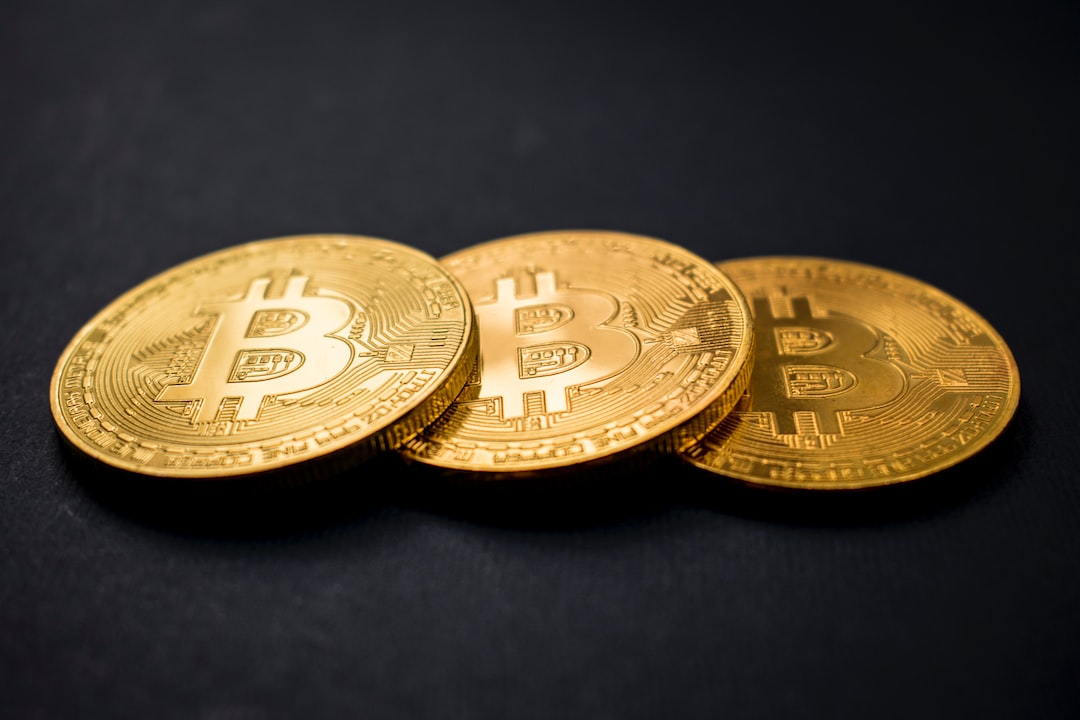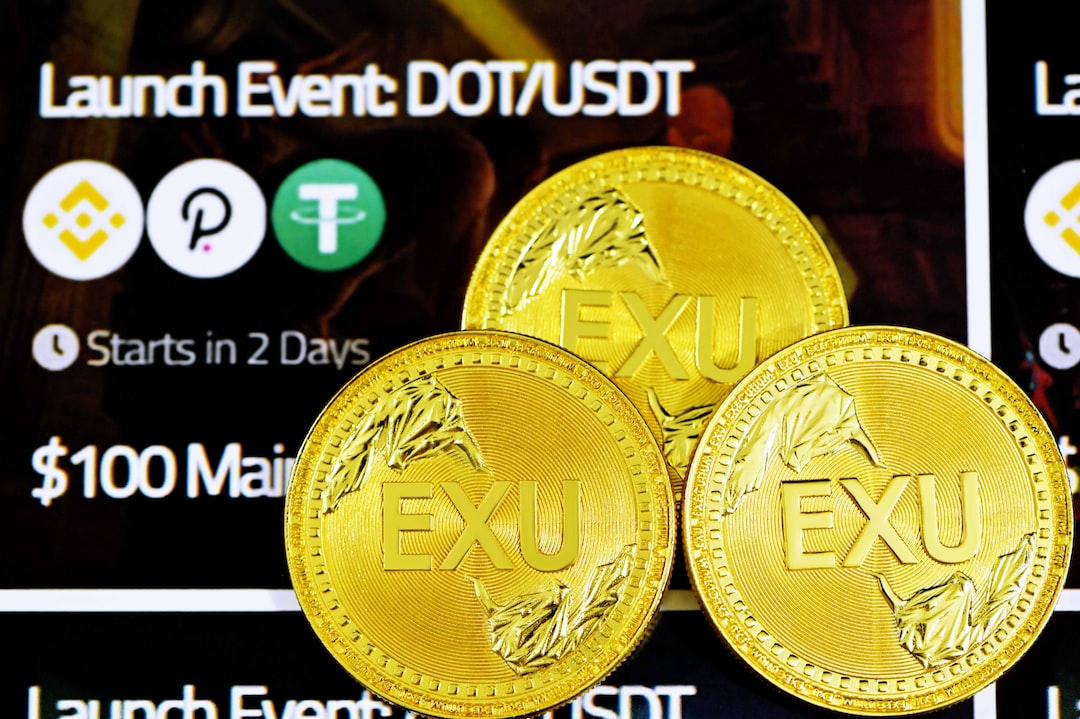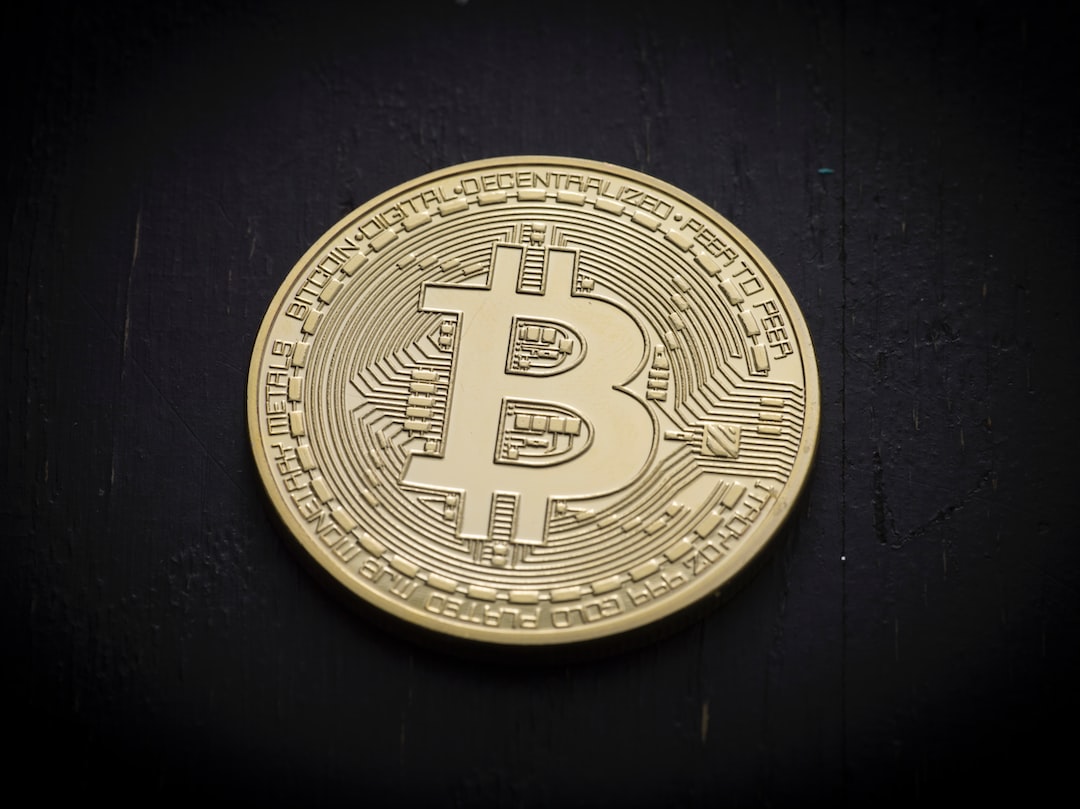A Comprehensive Guide to Decentralized Exchanges: Understanding the Basics
Welcome to the world of decentralized exchanges! If you’re new to the realm of cryptocurrencies, you may have heard about decentralized exchanges (DEXs) but feel unsure about what they are and how they work. In this guide, we will provide you with a comprehensive overview of DEXs, covering their basics, advantages, and potential risks. By the end, you’ll have a solid understanding of decentralized exchanges and be ready to dive into the exciting world of decentralized finance (DeFi). So, let’s get started!
What is a Decentralized Exchange?
A decentralized exchange, also known as a DEX, is a type of crypto exchange that operates on a decentralized network, such as a blockchain. Unlike centralized exchanges, which are operated by a single company, DEXs are governed by smart contracts and run on a peer-to-peer network. This means that no single entity has control over the exchange, and users can trade cryptocurrencies directly with one another without the need for intermediaries.
Decentralized exchanges offer several advantages over their centralized counterparts. Firstly, they eliminate the need for users to deposit their funds into the exchange’s wallet, reducing the risk of potential hacks and loss of funds. With DEXs, you retain control over your cryptocurrencies, as they remain in your wallet until a trade is executed. Additionally, DEXs offer greater privacy and anonymity, as they typically do not require users to complete lengthy KYC (Know Your Customer) verification processes.
How Does a Decentralized Exchange Work?
The core functionality of a decentralized exchange is facilitated through smart contracts. These self-executing contracts automatically perform the necessary actions to enable trades between users. When you place a trade on a DEX, your transaction is recorded on the blockchain, ensuring transparency and eliminating the need for trust in a centralized entity.
DEXs operate using various trading protocols. Some popular protocols include Uniswap, Balancer, and SushiSwap. These protocols use liquidity pools to facilitate trades. Users can add their cryptocurrencies to these pools, providing liquidity for the exchange. In return, they earn fees and rewards based on the trading volume generated by the pool. This incentivizes users to participate in the ecosystem and enhances liquidity on the platform.
The Advantages and Risks of Decentralized Exchanges
Decentralized exchanges offer several advantages that make them appealing to many crypto enthusiasts. One of the most significant advantages is the ability to trade directly from your wallet. Gone are the days of waiting for deposits and withdrawals to be processed by the exchange. With DEXs, trades are executed instantly, allowing for faster and more efficient trading.
Furthermore, using a DEX means that you can retain control and ownership of your cryptocurrencies. Your funds are never held by the exchange, reducing the risk of hacks or theft. Additionally, the decentralized nature of DEXs ensures that no single entity has control over the exchange. This eliminates the risk of market manipulation and improves the overall security of the trading platform.
However, it’s essential to be aware of the risks associated with decentralized exchanges. Due to their open nature, DEXs can sometimes be more prone to scams and fraudulent activities. Additionally, the lack of KYC procedures could result in higher regulatory risks, as regulatory authorities might not view DEXs favorably. Furthermore, since DEXs rely on liquidity pools, the trading volume for less popular tokens might be lower compared to centralized exchanges, potentially leading to higher slippage.
Frequently Asked Questions (FAQs)
Q: Are decentralized exchanges more secure than centralized exchanges?
A: Decentralized exchanges offer increased security due to their non-custodial nature, which eliminates the risk of having your funds hacked or stolen from a centralized platform.
Q: What are the fees associated with using a decentralized exchange?
A: Fees on DEXs vary depending on the protocol and the transaction type. Some protocols charge a small fee for every trade, while others have different fee structures based on liquidity provision or token swaps.
Q: Can I trade all cryptocurrencies on decentralized exchanges?
A: While most DEXs support popular cryptocurrencies like Bitcoin and Ethereum, the availability of less well-known tokens can vary. Liquidity for less popular tokens may be limited, resulting in higher slippage.
Q: Do I need to complete KYC procedures to use a decentralized exchange?
A: In most cases, decentralized exchanges do not require KYC procedures. However, this lack of regulation may subject DEXs to potential regulatory risks in the future.
In Conclusion
Decentralized exchanges are revolutionizing the way we trade cryptocurrencies. These platforms offer increased security, privacy, and control over your funds. By operating on a peer-to-peer network and utilizing smart contracts, DEXs eliminate intermediaries and ensure transparent transactions. However, it’s important to be aware of the risks associated with DEXs, such as potential scams and regulatory uncertainties. With a solid understanding of DEXs, you’re now well-equipped to explore the exciting world of decentralized finance.





 By
By
 By
By
 By
By
 By
By
